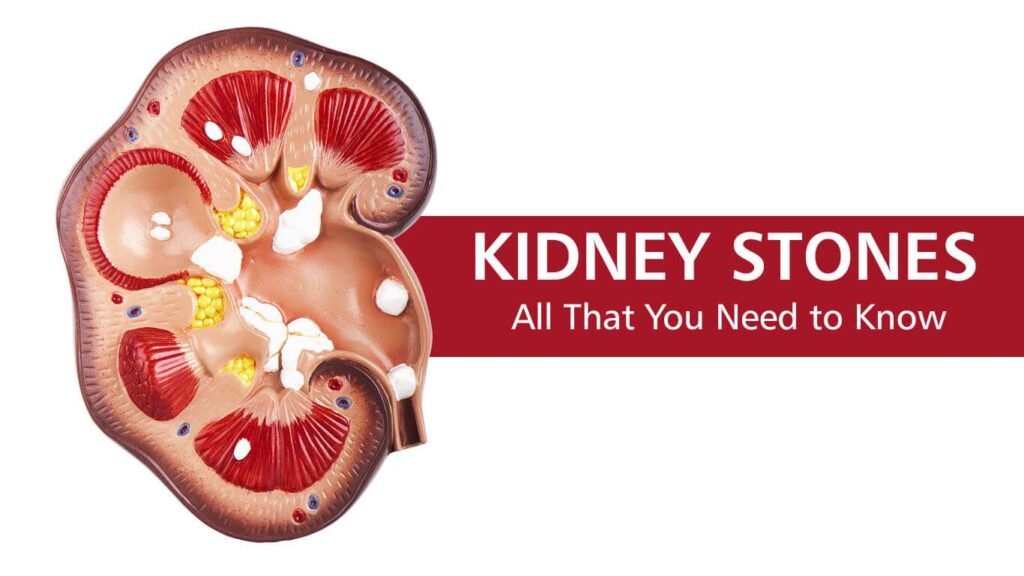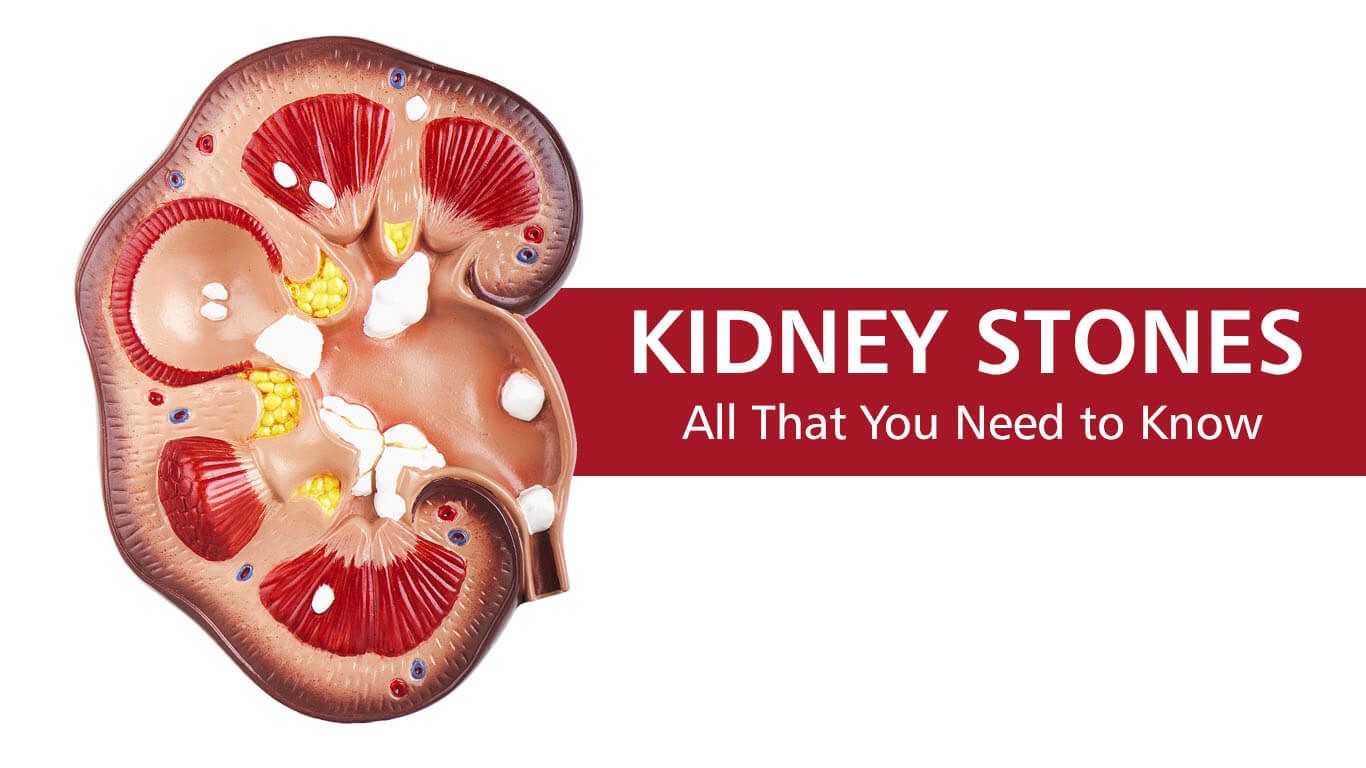
The Salty Truth: Unraveling the Connection Between Salt and Kidney Stones
Kidney stones, those agonizing little mineral deposits that form in your kidneys, are a common health concern. While various factors contribute to their formation, one dietary element often comes under scrutiny: salt. This article delves into the complex relationship between salt and kidney stones, exploring the science behind the connection and providing practical advice on how to manage your sodium intake to potentially reduce your risk. Understanding the nuances of this relationship is crucial for anyone seeking to maintain optimal kidney health.
Understanding Kidney Stones: A Brief Overview
Before we dive into the salt and kidney stones connection, let’s briefly review what kidney stones are and how they form. Kidney stones are hard deposits made of minerals and salts that crystallize in the kidneys. There are several types of kidney stones, including calcium oxalate, uric acid, struvite, and cystine stones. Calcium oxalate stones are the most prevalent type.
The formation of kidney stones typically occurs when there’s an imbalance in urine composition. This can happen due to various factors, including dehydration, diet, medical conditions, and genetics. When the concentration of certain minerals, such as calcium, oxalate, or uric acid, becomes too high in the urine, they can crystallize and gradually form stones.
The Link Between Salt and Kidney Stone Formation
So, how does salt factor into this process? The key lies in sodium’s impact on calcium excretion. When you consume a high-sodium diet, your kidneys work to excrete the excess sodium through urine. This process, however, can lead to increased calcium excretion as well. [See also: Dietary Guidelines for Kidney Stone Prevention]
The elevated calcium levels in urine (hypercalciuria) create a more favorable environment for calcium oxalate crystals to form. In essence, a high-sodium diet can indirectly contribute to the formation of calcium-based kidney stones by increasing the amount of calcium in your urine.
Several studies have investigated the association between sodium intake and kidney stone risk. Research consistently suggests that individuals with high sodium consumption have a greater likelihood of developing kidney stones, particularly calcium oxalate stones. This is because increased sodium intake is directly correlated with increased calcium excretion. Therefore, reducing salt intake can be a proactive step in preventing kidney stone formation.
The Science Behind Sodium and Calcium Excretion
To understand the salt and kidney stones connection further, it’s essential to delve into the physiological mechanisms involved. When you ingest sodium, it’s absorbed into the bloodstream. The kidneys then filter the blood and regulate sodium levels by excreting excess sodium into the urine.
However, the kidneys’ handling of sodium and calcium are interconnected. The process of reabsorbing sodium in the kidneys can influence calcium reabsorption. When sodium reabsorption is reduced (as is the case with high sodium intake), calcium reabsorption can also be reduced, leading to increased calcium excretion in the urine. This creates a higher risk of calcium oxalate crystallization.
Furthermore, high sodium intake can also affect the acidity of urine. More acidic urine can promote the dissolution of calcium phosphate, another type of mineral found in kidney stones, thereby increasing the risk of calcium stones overall. Therefore, managing salt intake is crucial for maintaining a healthy urinary environment.
Beyond Sodium: Other Dietary Factors in Kidney Stone Formation
While salt plays a significant role, it’s important to remember that kidney stone formation is multifactorial. Other dietary factors, such as oxalate intake, fluid intake, and protein consumption, also contribute to the risk. [See also: Hydration and Kidney Health: A Comprehensive Guide]
- Oxalate: Oxalate is a naturally occurring substance found in many plant-based foods. High oxalate intake can increase the risk of calcium oxalate stones. Foods high in oxalate include spinach, rhubarb, nuts, and chocolate.
- Fluid Intake: Dehydration is a major risk factor for kidney stones. Adequate fluid intake helps dilute urine and prevent mineral crystallization.
- Protein: High protein intake, particularly animal protein, can increase uric acid levels in the urine, potentially leading to uric acid stones.
Therefore, a holistic approach to kidney stone prevention involves considering various dietary factors, not just salt intake. A balanced diet, adequate hydration, and moderation in protein consumption are essential.
Practical Tips for Reducing Sodium Intake
If you’re concerned about the salt and kidney stones connection, there are several practical steps you can take to reduce your sodium intake:
- Read Food Labels Carefully: Pay attention to the sodium content listed on food labels. Choose products with lower sodium levels whenever possible.
- Limit Processed Foods: Processed foods are often high in sodium. Reduce your consumption of packaged snacks, canned soups, and fast food.
- Cook at Home More Often: Cooking at home allows you to control the amount of sodium in your meals. Use fresh ingredients and experiment with herbs and spices to add flavor without relying on salt.
- Avoid Adding Salt at the Table: Resist the urge to add salt to your food before tasting it. You may find that the food is flavorful enough without additional sodium.
- Be Mindful of Condiments: Condiments like soy sauce, ketchup, and mustard can be high in sodium. Use them sparingly or choose low-sodium alternatives.
- Increase Potassium Intake: Potassium helps balance sodium levels in the body. Incorporate potassium-rich foods like bananas, potatoes, and spinach into your diet.
By implementing these strategies, you can significantly reduce your sodium intake and potentially lower your risk of kidney stone formation. Remember that small changes can make a big difference in the long run.
Consulting a Healthcare Professional
While dietary modifications can be beneficial, it’s crucial to consult with a healthcare professional for personalized advice. A doctor or registered dietitian can assess your individual risk factors, recommend appropriate dietary changes, and monitor your kidney health. [See also: When to Seek Medical Attention for Kidney Stone Symptoms]
Individuals with a history of kidney stones or other underlying medical conditions should be particularly diligent in seeking professional guidance. A healthcare provider can help determine the underlying cause of kidney stone formation and develop a tailored treatment plan.
Moreover, certain medications can affect kidney stone risk. It’s essential to discuss any medications you’re taking with your doctor to ensure they’re not contributing to the problem. Managing the salt and kidney stones connection effectively requires a comprehensive approach that considers your individual health status and medical history.
The Importance of Hydration
Regardless of your sodium intake, adequate hydration is crucial for kidney health and kidney stone prevention. Drinking plenty of water helps dilute urine and prevent mineral crystallization. Aim to drink at least eight glasses of water per day, or more if you’re physically active or live in a hot climate.
Water is the best choice for hydration, but other fluids like herbal teas and diluted fruit juices can also contribute to your daily fluid intake. Avoid sugary drinks like soda and sweetened beverages, as they can increase the risk of kidney stones. Maintaining proper hydration is a simple yet effective way to support kidney function and minimize the risk of stone formation.
Salt and Kidney Stones: A Summary
In conclusion, the relationship between salt and kidney stones is complex but significant. High sodium intake can increase calcium excretion in the urine, creating a more favorable environment for calcium oxalate crystals to form. Reducing sodium intake, along with other dietary modifications and adequate hydration, can help lower your risk of kidney stones.
Remember that kidney stone formation is multifactorial, and individual risk factors can vary. Consulting with a healthcare professional is essential for personalized advice and treatment. By understanding the salt and kidney stones connection and taking proactive steps to manage your sodium intake, you can contribute to better kidney health and overall well-being.
This article provides general information and should not be considered medical advice. Always consult with a qualified healthcare provider for any health concerns or before making any dietary changes.

